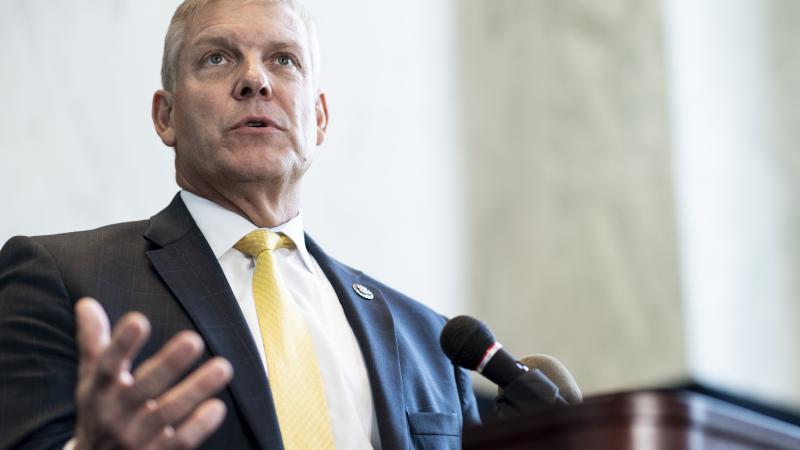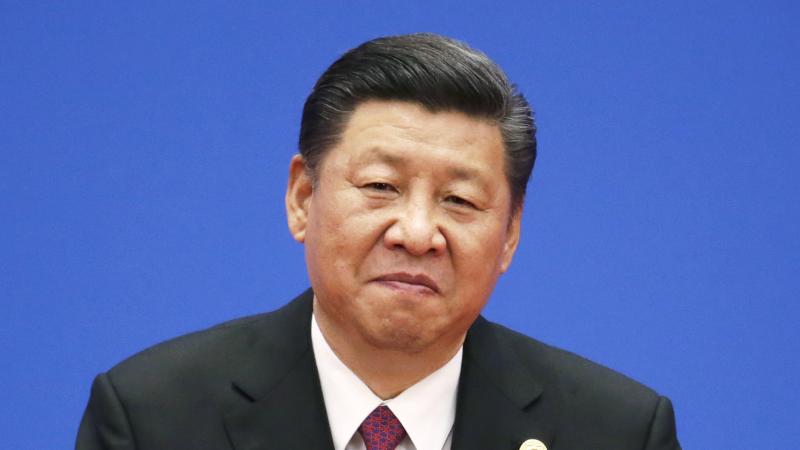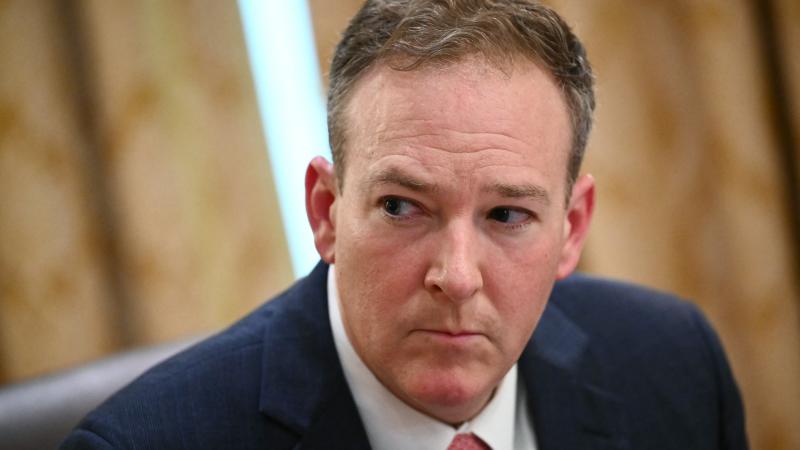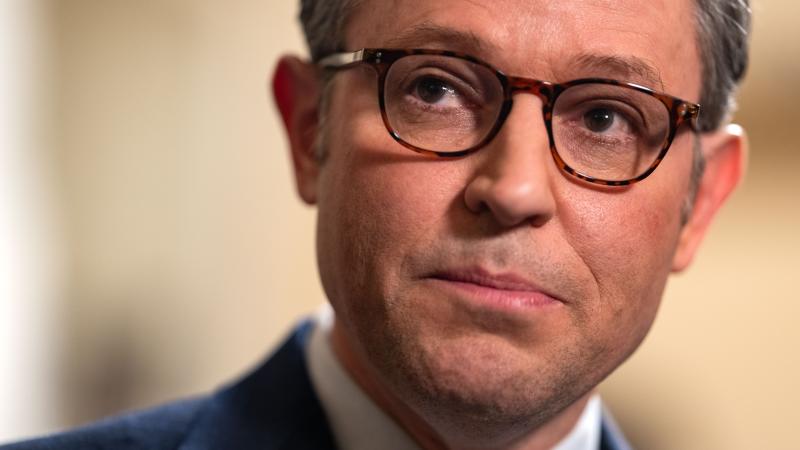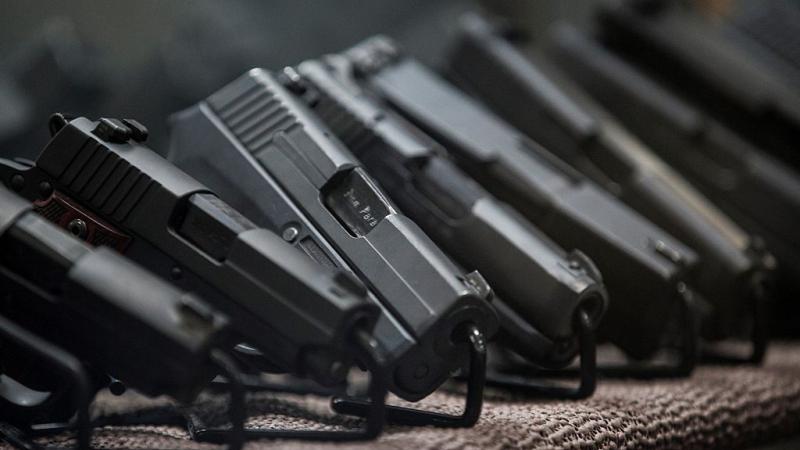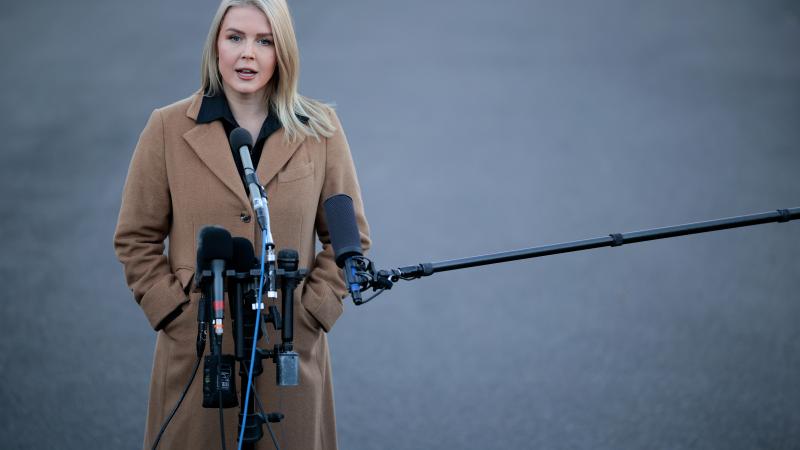Supreme Court seems to lean in favor of Trump admin in 'Remain in Mexico' dispute
The court will decide whether the Biden administration's attempt to overturn the Trump-era immigration policy was legal.
The Supreme Court heard oral arguments Tuesday in an immigration case centered on the Biden administration's attempt to end the Trump-era "Remain in Mexico" policy.
The justices appeared to lean away from President Biden's attempt to reverse the policy.
Several of the court's Republican-appointed justices said they agreed with attorneys representing Texas, which argued that it is illegal for U.S. immigration officials to allow migrants to enter the country while their claims are being heard.
A decision in the case, Biden vs. Texas, will be handed down by the end of June.
Attorneys for the administration argued that there is nowhere to hold hundreds of thousands of asylum seekers in detention for months or years as their claims trickle through the courts.
Elizabeth Prelogar, the U.S. solicitor general, told the justices there were over 220,000 migrants at the souther border inside of one month last year, while the government is able to hold only about 32,000 in detention.
The policy, also known as the Migrant Protection Protocols, requires migrants waiting for decisions in their U.S. immigration cases to remain in northern Mexico instead of entering the U.S. ahead of the decision.
Lower courts have ruled that the administration's hasty attempt to end the policy failed to follow required protocol and the policy, therefore, must remain in effect.
The Supreme Court agreed to take up the case on a fast-tracked schedule several months ago, following a ruling by a three-judge panel on the U.S. Court of Appeals for the 5th Circuit that sided with Republican officials from Missouri and Texas who originally filed suit over the move to end the policy.
The appeals court also refused to consider a 39-page memo submitted by Department of Homeland Security Secretary Alejandro Mayorkas outlining his concerns with the policy.
The court, which ruled in December, chastised DHS and the administration for attempting to reverse a major policy with "no input from Congress, no ordinary rule-making procedures and no judicial review."
"DHS has come nowhere close to shouldering its heavy burden to show that it can make law in a vacuum," wrote the panel.
The states argue that the policy has helped reduce the flow of illegal migrants into the U.S., which is a point Mayorkas himself has conceded, though he argues the policy has "substantial and unjustifiable human costs."




